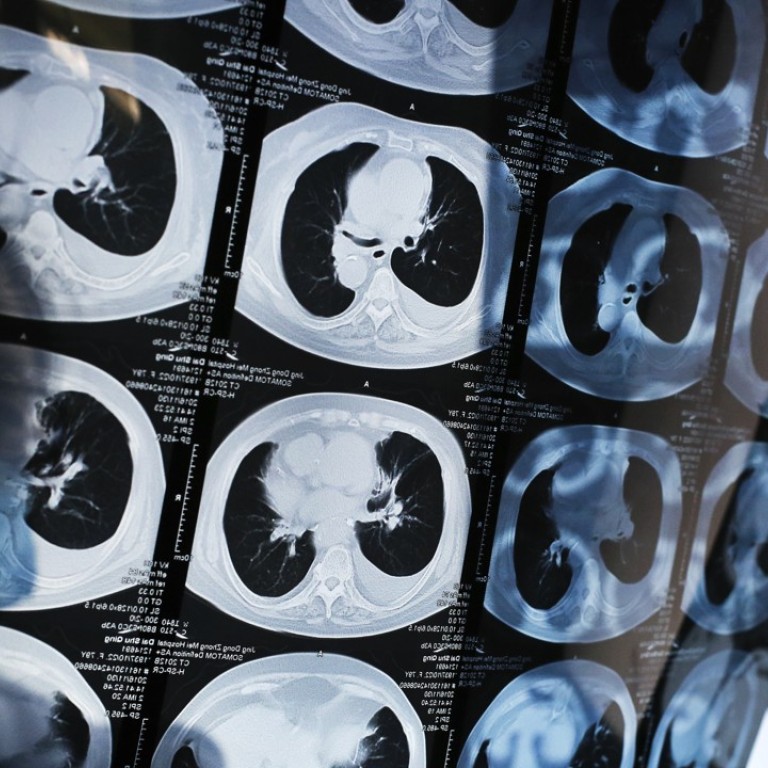
Alibaba, Tencent see AI as solution to China’s acute shortage of doctors
Alibaba Health unveiled this week its first artificial intelligence service for disease diagnosis, offering hope that advanced technology will alleviate the workload of mainland Chinese physicians in a nation suffering from an acute shortage of doctors.
The AI solution, called Doctor You, can be used for medical image diagnosis of CT scans to identify inflammatory cells in human organs, which can be an early indicator of cancer.
“It will soon serve as an assistant to physicians at a number of hospitals in the country,”said Ke Yan, a vice president with Ali Health, adding that the technology could lower error rates and improve efficiency.
“Our expectation is that, within the coming decade, AI will be capable of taking over half of the workload from doctors in China.”
Within the coming decade, AI will be capable of taking over half of the workload from doctors in China
The world’s most populous nation suffers from a shortage of medical practitioners, with the World Health Organisation estimating there are only 1.5 physicians available for every 1,000 people, compared with 2.4 in the US and 2.8 in the UK. That has led to deteriorating work conditions for doctors and radiologists who constantly work overtime to process huge amounts of patient data. As a consequence, the error rate is high.
A radiology department at a top Chinese hospital would have to handle on average 40,000 scanned images per day, according to Li Xiaoqiu, a chief physician with the PLA’s Air Force General Hospital in Beijing.
In a 30-minute trial test on Tuesday, the Doctor You programme achieved a more than 90 per cent accuracy rate in detecting lung sarcoidosis, perceived as a key sign of early stage lung cancer, but particularly tricky to diagnose. In comparison, it took four doctors two to three hours to process the same amount of patient data using their trained human eyes, according to a press statement from Alibaba Health.
According to consultancy Frost & Sullivan, AI has the potential to improve outcomes of medical treatment by 30 to 40 per cent and reduce costs by as much as 50 per cent.
That translates into a much-needed boost to the overall quality of medical care in China as the government pours billions of dollars into improving health care in view of the country’s rapidly ageing population.
In the AI race among Tencent, Alibaba and Baidu to catch up with their Silicon Valley peers like Google and IBM, health care has become a heated battlefield.
Last year, Baidu launched an AI-powered chatbot that can communicate with patients and provide diagnosis advice to doctors.
Another Chinese front-runner in providing AI-related medical solutions is iCarbonX, a Shenzhen-based start-up valued at US$1 billion following a funding round last year led by Tencent.
The two-year-old company specialises in utilising algorithms to analyse genomic, physiological and behavioural data to offer tailor-made medical advice to consumers through an app.
Alibaba owns the South China Morning Post.

